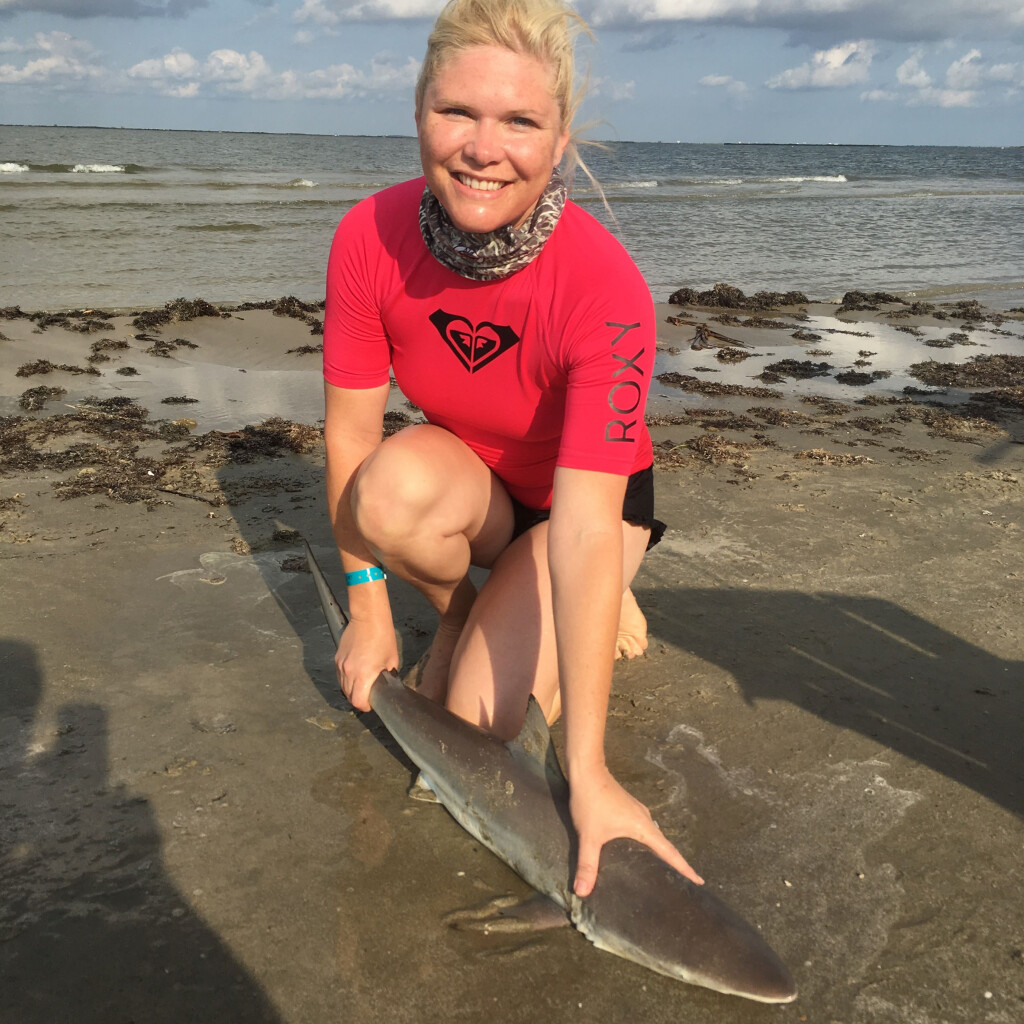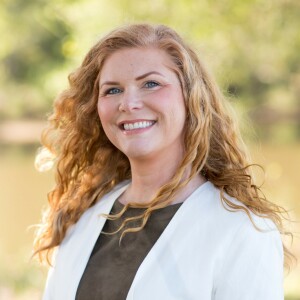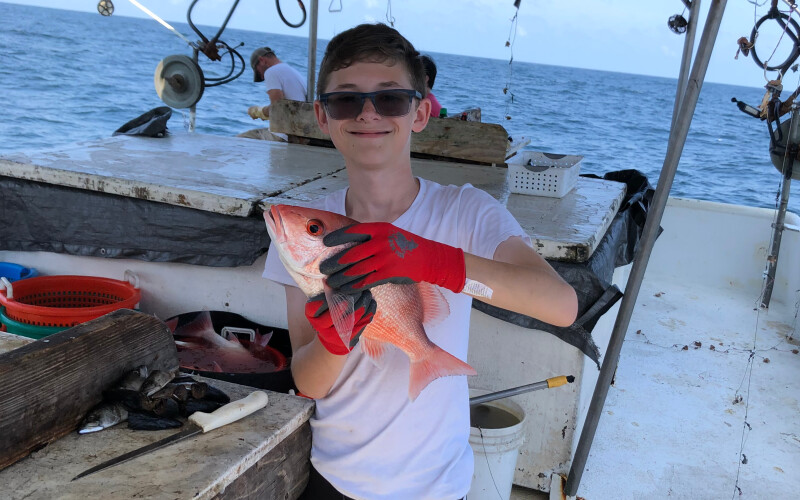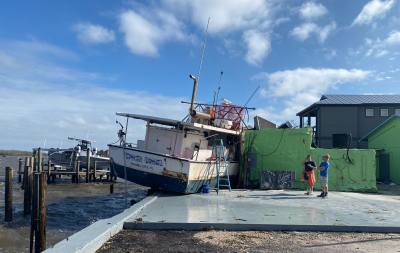For four generations, my family has been putting food on the table, both on our own and the nation’s, by fishing the waters of the Gulf of Mexico. You may say that it is in my blood, but the truth is fishing is in my heart – it’s part of my identity.
One thing that we’ve come to count on is that the decision-makers that manage our fisheries balance the need to produce sustainable domestic seafood, support fishing communities and provide recreational opportunities, while retaining plenty of fish in the water to ensure a good catch in following years. But now, I’m worried about the future of fishing in the Gulf. A big part of my concern can be tied to the lack of balanced representation on the Gulf of Mexico Fishery Management Council. We must ask ourselves, has maintaining sustainable fisheries taken a backseat to cronyism?
Not too long ago, fisheries management in the Gulf was working. Fish stocks were increasing, small family businesses were thriving and profitable, and we had fair representation in the management process. However, in the past few years that trend has reversed, and now species like gag and greater amberjack are facing 80 percent quota reductions because the stocks are not healthy. Coinciding with this downturn is a dramatic shift away from a well-balanced Gulf Council membership to one that is dominated by just a single sector—the private recreational sector.
Regional Fishery Management Councils were created by the Magnuson-Stevens Fishery Conservation and Management Act (MSA) back in the 1970s. These bodies are responsible for making decisions that affect the management and conservation of fisheries resources within a specific region. Some council members are nominated by the Governors of each state and submitted to the Secretary of Commerce, who has the final say in who is appointed.
The decisions Council members make have significant social, economic, and environmental impacts. A balanced mix of stakeholders ensures that multiple perspectives and interests are considered in the decision-making process. This comprehensive makeup leads to well-informed and healthy decisions for the fisheries and consumers.
Council balance is so important that it is specifically included in MSA, which states that the appointments to the Councils should “ensure a fair and balanced apportionment, on a rotating or other basis, of the active participants (or their representatives) in the commercial and recreational fisheries under the jurisdiction of the Council.” On paper, the Gulf council may seem balanced, but a closer examination tells a different story.
In the last two appointment cycles for the Gulf Council, traditionally commercial stakeholders have been replaced with recreational representatives. In truth, there is only one member on the Council who has made their living in a federally regulated commercial fishery. Continuing to appoint Council members who do not have a commercial perspective on federally managed species will prove to be detrimental to the management of our fisheries, as evidenced by the recent decline in fish stocks and the drastic cuts to harvest amounts made in response. And these disturbing trends don’t just impact commercial fishing families, like mine. Harvest reductions lead to significantly reduced access for everyone – commercial and recreational fishermen alike.
In the time that the balance of the Gulf Council has shifted, its members seem more focused on reallocating quota to the recreational sector instead of a balanced approach to management. Rather than implementing prudent decisions to protect and rebuild stocks, the current Council has seized the opportunity to reallocate shares to the recreational sector. In fact, right now, they are considering transferring the largest amount possible of gag grouper from the commercial to the recreational sector, even though it results in a decrease in the allowable harvest by everyone and an increase in gag grouper that are thrown overboard, often dead or dying.
I cannot overemphasize the importance of getting the Council makeup right! A well-balanced Council promotes inclusive decision-making, represents multiple interests, prioritizes science and stock health, enhances transparency and accountability, and increases compliance and legitimacy. Involving participants from all sectors in the process leads to better fisheries policy that benefits the long-term sustainability of fisheries resources and the communities that depend on them.

We fish to live and live to fish; let’s keep that passion alive for future generations. Currently, Secretary of Commerce Gina Raimondo holds the final say in appointments to the Council and has the power to work towards a better balance. I strongly believe that achieving a balance of participants within the Councils is of utmost importance for the well-being of our shared marine resources.







